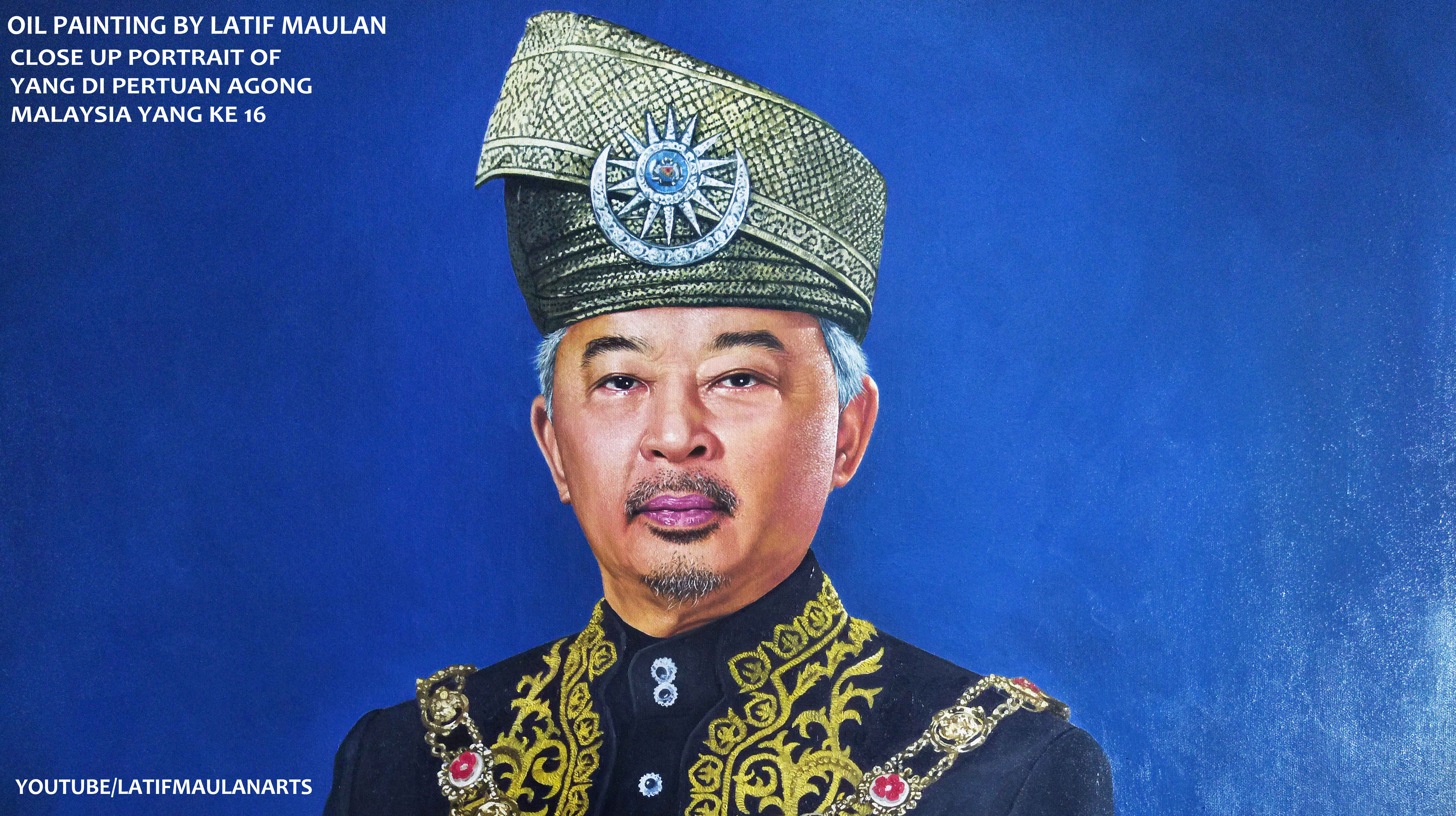

Unveiling The Legacy Of Sultan Kpkuang: A Journey Through Time
Sultan Kpkuang is a name that resonates with the rich cultural heritage and historical significance of Southeast Asia. This figure, often shrouded in mystery, embodies the essence of a bygone era marked by grandeur and regal authority. As we delve deeper into the life of Sultan Kpkuang, we uncover not just the man himself but the legacy he left behind, illuminating the path for future generations to admire and learn from. The chronicles of Sultan Kpkuang are not merely stories of power and wealth; they reflect the intricate tapestry of traditions, values, and societal structures that defined his reign. Each chapter of his life tells a tale of triumphs and tribulations, offering a glimpse into the complexities of ruling during a time of great change.
Understanding the life of Sultan Kpkuang requires a journey through various historical contexts, examining both his personal life and the broader implications of his rule. From his early beginnings to his rise as a prominent leader, Sultan Kpkuang's narrative intertwines with the evolution of his kingdom, revealing insights into the practices and beliefs that shaped his governance. As we explore the many facets of Sultan Kpkuang’s existence, we also acknowledge the influence he had on his people and the legacy that continues to inspire admiration and respect.
The exploration of Sultan Kpkuang is not just a reflection on history; it serves as a reminder of the enduring impact of leadership and the importance of cultural preservation. Through understanding figures like Sultan Kpkuang, we can appreciate the values and traditions that continue to resonate in contemporary society, fostering a connection to our past while paving the way for future generations.
What is the Biography of Sultan Kpkuang?
Sultan Kpkuang, a figure of great historical significance, was born into a lineage that valued leadership and cultural heritage. His reign is marked by numerous achievements that solidified his status as a respected ruler. Below is a brief overview of his personal details and biography:
| Detail | Information |
|---|---|
| Name | Sultan Kpkuang |
| Birth Date | Unknown |
| Birth Place | Southeast Asia |
| Reign Period | 15th Century |
| Major Achievements | Expansion of Territory, Cultural Patronage |
| Death | Unknown |
What Were the Major Contributions of Sultan Kpkuang?
Sultan Kpkuang's reign was characterized by significant contributions that influenced the cultural and political landscape of his time. Some of the key areas of his contribution include:
- Cultural Patronage: Sultan Kpkuang was known for his support of the arts and culture, promoting traditional crafts and performances that reflected the identity of his people.
- Diplomatic Relations: He established alliances with neighboring kingdoms, fostering trade and cultural exchange that enriched his realm.
- Infrastructure Development: Under his leadership, various infrastructure projects were initiated, including roads, bridges, and public buildings that facilitated commerce and communication.
- Legal Reforms: Sultan Kpkuang implemented legal reforms that aimed to create a more just and equitable society, enhancing the rights of his subjects.
How Did Sultan Kpkuang Influence His People?
The influence of Sultan Kpkuang on his people was profound and multifaceted. His leadership style and policies fostered a sense of unity and pride among his subjects. By actively engaging with the community, he was able to gain the trust and loyalty of the people, which was essential for maintaining stability during his reign.
What Legacy Did Sultan Kpkuang Leave Behind?
The legacy of Sultan Kpkuang is evident in various aspects of contemporary society. His emphasis on cultural preservation has inspired modern movements to revive traditional practices and arts. The diplomatic relations he cultivated continue to serve as a model for contemporary leaders in the region, emphasizing the importance of collaboration and mutual respect.
What Challenges Did Sultan Kpkuang Face During His Reign?
Like any ruler, Sultan Kpkuang faced his share of challenges. The dynamics of power, both internal and external, posed significant obstacles during his reign. Some notable challenges included:
- Political Rivalries: Competing factions within his kingdom often sought to undermine his authority, leading to conflicts that required astute political maneuvers.
- External Threats: Encroachments from neighboring territories necessitated strategic alliances and military readiness to protect his realm.
- Economic Pressures: Fluctuations in trade and resource availability presented economic challenges that demanded innovative solutions and resilience.
How is Sultan Kpkuang Remembered Today?
Today, Sultan Kpkuang is remembered as a pivotal figure in the history of Southeast Asia. His contributions are celebrated through various cultural events, historical reenactments, and educational programs aimed at preserving the rich heritage he championed. Monuments and memorials dedicated to his memory serve as reminders of his enduring impact and the values he represented.
What Can We Learn from Sultan Kpkuang's Life?
The life of Sultan Kpkuang offers invaluable lessons in leadership, cultural appreciation, and the importance of community engagement. By studying his reign, contemporary leaders can gain insights into fostering unity, promoting diversity, and navigating the complexities of governance. Furthermore, Sultan Kpkuang’s dedication to cultural preservation reminds us of the significance of heritage in shaping our identity and values.
In conclusion, Sultan Kpkuang's legacy continues to inspire and resonate with people today. As we explore the depths of his life and contributions, we recognize the importance of understanding our history to appreciate the present and shape a better future. The story of Sultan Kpkuang is not just a historical account; it is a timeless narrative that reflects the enduring spirit of leadership, culture, and community.
You Also Like
Unlocking Entertainment: Starz $20 For 12 MonthsDiscovering Breanna Beach: A Hidden Gem Of The Coast
Exploring The Enigmatic Life Of Jonathan Cheban's Wife
The Many Faces Of Mick Foley: A Deep Dive Into His Iconic Characters
Emilia Clarke's Journey Into Motherhood: Discovering Her Son's Name



